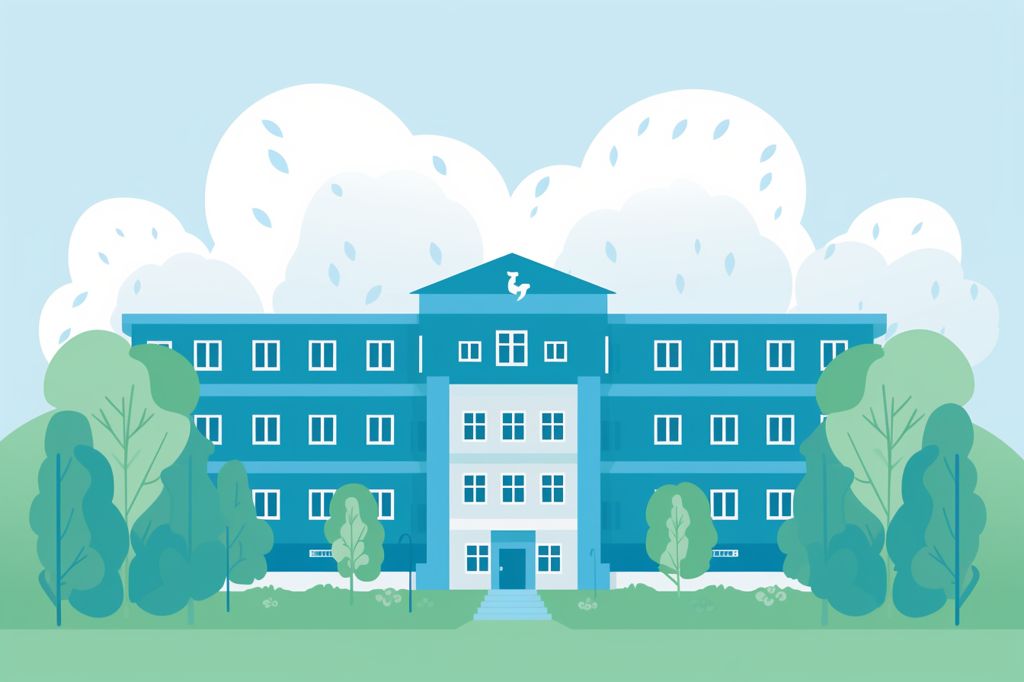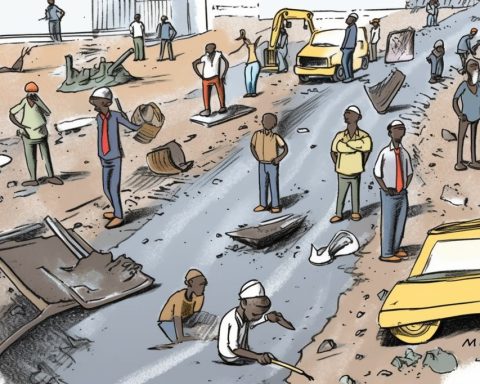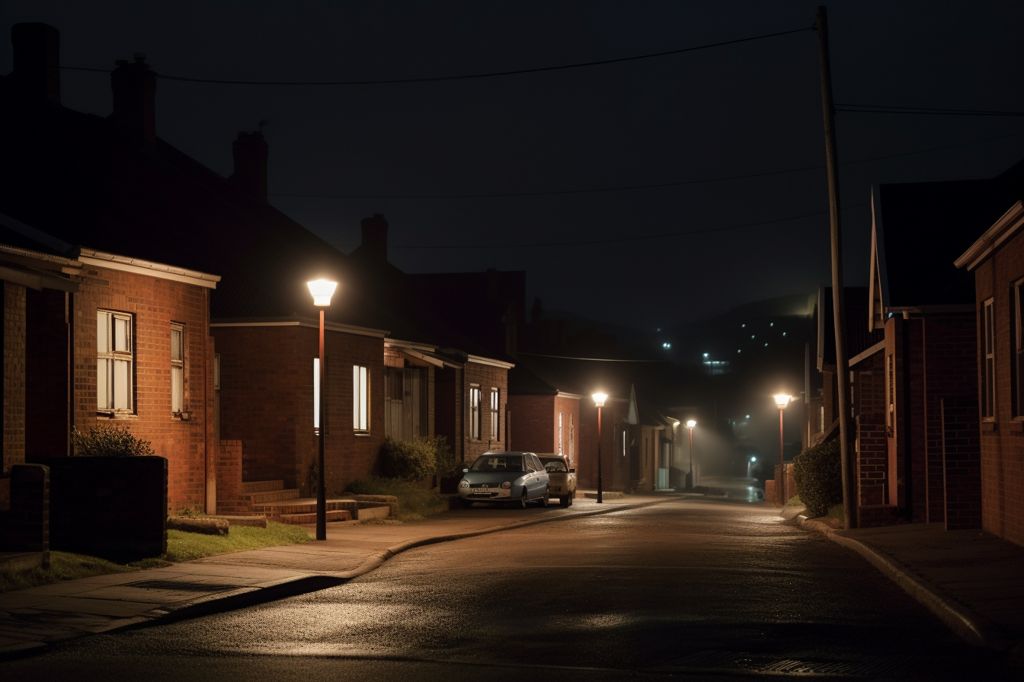Limpopo Province in South Africa is about to achieve a significant milestone in healthcare services with the commencement of the Limpopo Central Academic Hospital’s construction. This new tertiary healthcare institution will provide specialized and highly specialized services to medically referred patients, fulfilling the government’s long-standing commitment to the people of Limpopo.
The Handover of the Project Site
On May 29, 2023, Premier Chupu Stanley Mathabatha will oversee the technical handover of the project’s site to the contractor. Currently funded and undertaken by the National Department of Health on behalf of Limpopo’s Department of Health, the pre-implementation process began in 2022. Completion of this process on the same day will allow the contractor to initiate site establishment by June 2023.
Premier Mathabatha expressed his enthusiasm for the project, stating, “Our dreams as people of Limpopo are coming close to reality. The commitment we made over the years is finally coming to fruition.” The construction of Limpopo Central Academic Hospital is crucial for improving healthcare services in the province, which has long lacked a tertiary healthcare institution.
Location and Collaboration
MEC for Limpopo Department of Health, Dr. Phophi Ramathuba, will join Premier Mathabatha at the handover ceremony. The new hospital will be located on the remainder of Erf 6861, bordering Edu Park and opposite the New Peter Mokaba Stadium. The project’s success will be determined by the collaboration between the National Department of Health, Limpopo Department of Health, and the contractor. The Premier’s involvement in overseeing the site handover demonstrates the government’s dedication to ensuring the project’s efficient and timely completion.
The Impact on Healthcare Services
The Limpopo Central Academic Hospital’s construction is not only a symbol of progress in fulfilling the government’s promises but also reflects the province’s commitment to development and healthcare improvement. The facility will play a significant role in addressing the specialized healthcare needs of Limpopo’s residents, who previously had to travel long distances to access tertiary care.
The new hospital will undoubtedly have a significant impact on Limpopo’s healthcare landscape, enhancing the quality of care provided to the province’s residents. This achievement will also serve as an inspiration for other provinces in South Africa to improve their healthcare services and work toward providing better access to tertiary care for their citizens.
In conclusion, the construction of the Limpopo Central Academic Hospital is a monumental step forward for the people of Limpopo. Upon its completion, the facility will become a beacon of hope for the province, providing specialized healthcare services and improving the overall well-being of its citizens. The project’s commencement reaffirms the government’s commitment to the people of Limpopo and serves as a testament to their unwavering resilience and determination to achieve a better future.












